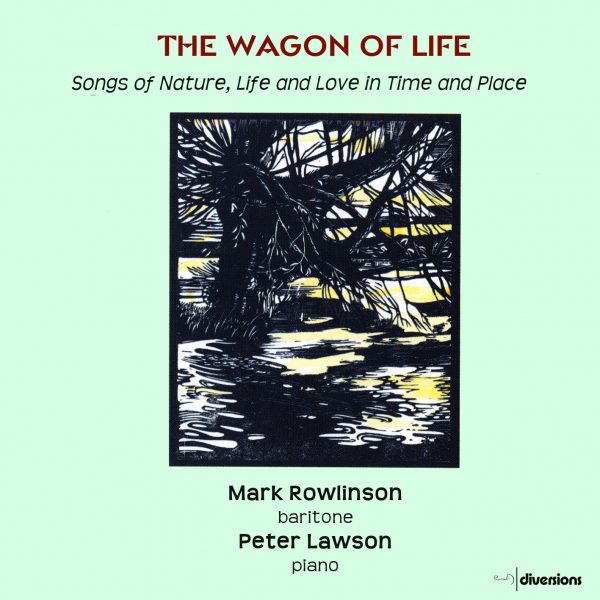The Chronicle
We normally listen to albums a few times before reading the sleeve notes. This collection features formal songs, voice and piano, and the first song to appeal was a gentler one, track five — which when we finally checked was based on a poem called Gawsworth! Obviously, the album improved immediately.
The poem was written by Thomas Baron Pitfield (1903-1999), composer, teacher and an obvious wit. We couldn’t find the actual text, just a review of his book Cheshire Verses. The book opens with Pitfield’s poem: “Herewith some verses, varying / Between the solemn and the frivolous / Some may be marginally worthy / And others manifestly frivolous.” The review said the tone varied from the serious (Chester, with “The precincts of Tomorrow / Trespass on numberless Yesterdays”) through to “A tentative lady of Altringham / Said, ‘I never make plans without altering ‘em’”, while the poem The Wirral features: “The Wirral juts into the sea / Between the Mersey and the Dee / Its population insular / Though it’s not an island but a peninsula.” Stuart Scott has set some of these poems to music: Alderley also features.
The CD was originally recorded to mark the centenary of the birth of Pitfield; he died aged 96, so he nearly lived to see it himself. It was issued by The North West Composers’ Association in 2003 (on Dunelm Records), and 10 composers contributed music in memory of Pitfield; the title track was his own composition.
The sleeve notes say it’s art song, “often a musical setting of an independent poem or text” intended for recital “or other relatively formal social occasion”, so the tone is formal. The performers are baritone Mark Rowlinson and piano accompanist Peter Lawson. You’ve got to like the sound of the baritone, so it will appeal to people who like art songs/singing but also singers.
It is a little formal and perhaps not easily approachable but rooting around in the sleeve notes and other research we realised an oft-played gem in the Review Corner is similar: Bryn Terfel’s The Vagabond (Malcolm Martineau on piano), which we now realise features art songs from Ralph Vaughan Williams and Gerald Finzi. We’ve had some similar albums from Divine Art recently but this is definitely a cut above, and not just because Cheshire features. Poets featured who chose not to write about Cheshire include Thomas Hardy, Tennyson and Emily Brontë.
@divineartrecordingsgroup
A First Inversion Company
Registered Office:
176-178 Pontefract Road, Cudworth, Barnsley S72 8BE
+44 1226 596703
Fort Worth, TX 76110
+1.682.233.4978












